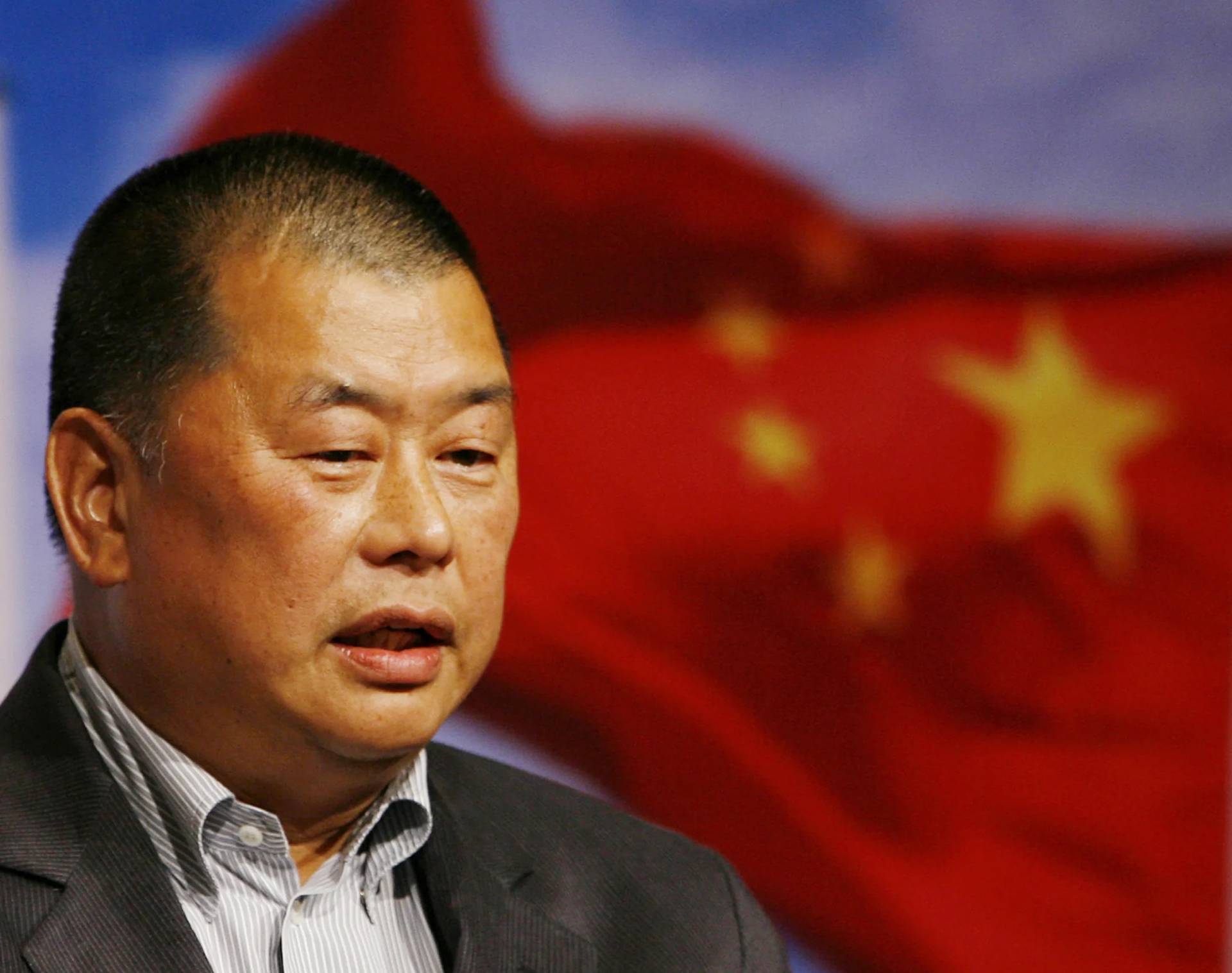ROME – An 84-year-old Jesuit priest who’s been imprisoned in India since October 2020 was reportedly placed on ventilator support in the hospital where he’s been since May. He tested positive for COVID-19 soon after he was hospitalized.
“Please pray for Fr. Stan Swamy’s health,” tweeted the Rome-based Social Justice and Ecology Secretariat of the Jesuits, the religious order the priest belongs to. “His condition is critical. In Taloja prison since October 2020, falsely accused, his health has been deteriorating. Hearing for his bail will be tomorrow. #StandwithStan.”
The message was published on Monday morning, after news broke overnight of the priest’s health condition.
Father Joseph Xavier, a Jesuit priest close to Swamy, said that on the morning of July 4, the priest’s heart rate began falling and he was subsequently placed on a ventilator. “Twice in the morning the hospital has administered CPR and revived the heartbeat. Fr. Stan revived to some extent. He was unconscious, with eyes open.”
“Currently he is sedated and doctors are attending to his needs,” wrote Xavier, the director of the Indian Social Institute.
Mary Lawlor, Special Rapporteur on Human Rights Defenders shared a similar Tweet, saying it was “horrible news” that Swamy was put on a ventilator: “He’s spent 9 months in jail on unfounded charges. I’m deeply saddened and expect that every possible specialist treatment will be provided to him.”
Swamy, who suffers from Parkinson’s disease, was incarcerated Oct. 9, 2020, in Taloja prison in Mumbai. According to the statement released Monday, the prison has no medical staff except for one practitioner of traditional Indian medicine.
He’s one of several human rights defenders accused of links with an extremist group called BK-16. India’s National Investigation Agency (NIA), which deals with anti-terror crimes, arrested him in connection with a 2018 incident of caste-based violence and alleged links with Maoists. The rebels, who are active in several eastern and central states in India, claim to be fighting for communist rule and greater rights for tribal people and the rural poor.
Between June 2018 and October 2020, Prime Minister Narendra Modi’s BJP government jailed 16 people in connection with the 2018 violent outbreak in Maharashtra state. They include some of India’s most-respected scholars, lawyers, academicians, cultural activists, and a poet.
They have all been repeatedly denied bail under a sweeping anti-terror law, which many observers believe is now being mainly used to crack down on dissent. Swamy’s last bail denial came in March, when the Supreme Court refused to let him go into house arrest.
Swamy and others “hatched a serious conspiracy to create unrest in the entire country and to overpower the Government, politically and by using muscle power,” said Special Judge Dinesh E. Kothalikar of the NIA’s special court on March 22, 2021, when he rejected Swamy’s application to be released on bail.
Swamy is expected to have another bail hearing on Tuesday.
Follow Inés San Martín on Twitter: @inesanma












